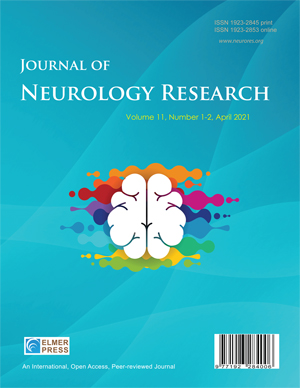Possible Autoantibody-Negative Autoimmune Encephalitis in a Sixty-Four-Year-Old Man Post-Varicella-Zoster Virus Vaccination
DOI:
https://doi.org/10.14740/jnr857Keywords:
Varicella-zoster vaccine, Post-vaccination encephalopathy, Autoimmune encephalitis, Autoimmune, Encephalitis, NMDA receptor encephalitis, Catatonia, Antibody negativeAbstract
Autoimmune encephalitis (AIE) is a rare condition of brain inflammation that can be the result of multiple etiologies such as neoplasms of the ovaries, teratomas, and, more rarely, post-vaccine administration. Vaccine-associated AIE has been reported and described in the literature with vaccines against yellow fever, tetanus, diphtheria, pertussis and polio, Japanese encephalitis, coronavirus disease 2019 (COVID-19) mRNA, and ChAdOx1 nCoV-19 vaccine. Additionally, there are few reported cases of AIE secondary to varicella-zoster vaccine administration. However, these numbers are found in large population studies and none of the cases have been further described. AIE has a variable presentation with non-specific prodromal symptoms occurring in the early stages with progression to neuropsychiatric and dysautonomia in the late stages. Therefore, this presentation introduces diagnostic difficulty especially in the absence of significant laboratory findings. Here, we discuss all reported and described cases within the literature on vaccine-associated AIE and their respective presentations. We also report and describe a case of possible AIE in a 64-year-old male, 1 week post-varicella-zoster vaccine administration. We further discuss the epidemiology, differential diagnosis, treatment, and prognosis of AIE as well as when to raise clinical suspicion for AIE associated with vaccine administration.

Published
Issue
Section
License
Copyright (c) 2024 The authors

This work is licensed under a Creative Commons Attribution-NonCommercial 4.0 International License.







